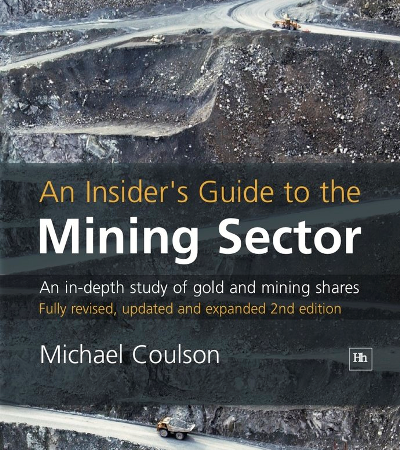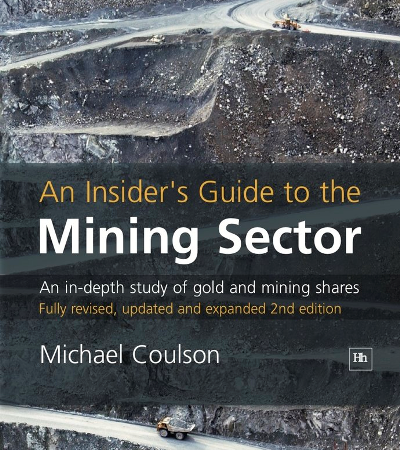The National Post is Canada’s second largest national paper.
BARSKOON, Kyrgyzstan — Hundreds of stone-throwing protesters besieged a Canadian gold mine in Kyrgyzstan on Friday, clashing violently with riot police and prompting the president to declare a state of emergency.
Over 50 people were wounded and 80 detained in the clashes, authorities said. The protest also triggered widespread unrest in the southern city of Jalal-Abad, where hundreds stormed the governor’s office.
The twin developments threatened further turmoil in this impoverished Central Asian nation of five million, which hosts a U.S. base supporting military operations in nearby Afghanistan. Protesters want the northeastern Kumtor gold mine to be nationalized and the company to provide more benefits.
The mine, operated by Toronto-based Centerra Gold, is the largest foreign-owned gold mine in the former Soviet Union. It accounts for about 12% of the nation’s economy and has been at the centre of heated debate between those favouring nationalization and officials who believe that would deter much-needed foreign investment.

























